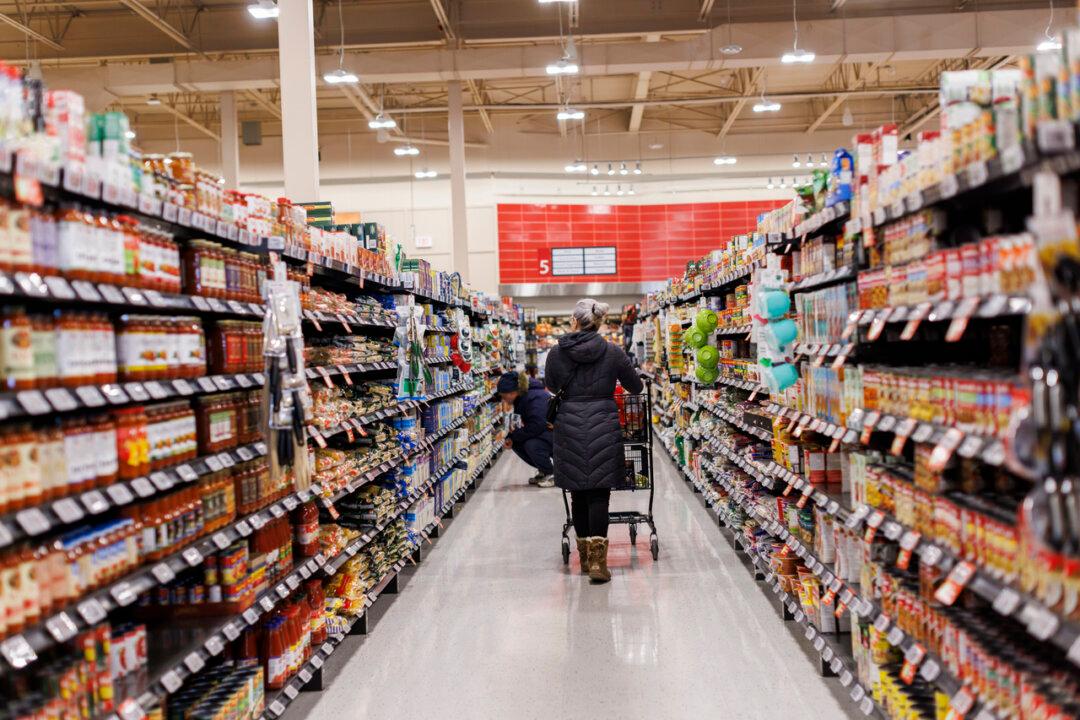As the federal carbon tax is set to increase again on April 1, Canadian consumers’ “greatest concern” should be its impact on the competitiveness of the food supply chain, a food economics professor says.
On April 1, the federal carbon tax is set to rise by 23 percent, climbing from $65 per tonne to $80 per tonne. This means the carbon tax will make up 17.6 cents of the cost of a litre of gasoline, an increase of 3.3 cents from the current 14.3 cents.





